MOVIE REVIEW – It’s hard to pinpoint exactly when and in which movies the portrayal of evil “changed,” but in the newer installments of well-known franchises, the complexity of the bad side of good versus evil is no longer enough. We now need to go back in time and understand the exact origins of evil. Was Cruella just misunderstood? What about the Joker? Was he just wronged? The new Hunger Games movie asks exactly the same question, but it’s a shame that, despite riveting performances from Rachel Zegler and Tom Blyth, the origin story of evil isn’t as compelling as the original trilogy.
In truth, Coriolanus Snow, the tyrannical president of dystopian Panem, was never as one-dimensional as the aforementioned villains in the original Hunger Games films and novels. But The Hunger Games: The Ballad of Songbirds & Snakes seems to draw more from their origin stories. Unfortunately, the execution of an interesting idea is severely hampered by an overlong running time, awkward pacing, and the fact that the movie is also an adaptation of Suzanne Collins’ prequel novel 2020.
But we’re dealing with truly acclaimed creators, as the director is (The Hunger Games Mockingjay part 1 and 2), Francis Lawrence, and the screenplay was written by Michael Lesslie (Assassin’s Creed) and Michael Arndt (The Hunger Games: Catching Fire and Star Wars: Episode VII – The Force Awakens). However, The Ballad of the Songbirds and the Serpents packs so many narrative and plot twists into the movie’s frighteningly long running time that by the end, viewers may feel like they’ve watched three half-finished movies made up of endless mythology and fan service for fans of the original trilogy.
The double life of Coriolanus Snow
The monumental prequel begins with the so-called “Dark Days,” three years before the start of the annual Hunger Games, a true battle royale, a survival game in which each oppressed district of Panem must send two young people (usually against their will) to fight to the death.
Though the movie is nearly three hours long, these dark days do not demand that much screen time, and we are given just enough to learn about the uprising against the Capitol, during which the citizens of Panem have become so impoverished that they resort to man-eating. Fast forward to the year of the 10th Hunger Games about sixty years before Jennifer Lawrence’s Katniss Everdeen and decades before Coriolanus takes over (are you still here?)-where we meet young Coriolanus Snow, played with extraordinary professionalism by Tom Blyth.
Coriolanus dresses impeccably not because of his wealth and position in the Capitol (his once wealthy and respected family is barely scraping by), but because of his cousin’s refined and creative tailoring. In a sense, Snow leads a double life, supporting his family at home and trying to fit in at his elite school of rich kids, constantly wondering (and driving the viewer a little crazy with his incessant nagging) if he has a moral compass, and if so, if he is willing to throw it aside in order to get by.
Mentoring
When Coriolanus Snow sees his family’s future in jeopardy, he reluctantly accepts an assignment to mentor a new youth from poor District 12 (where Katniss later comes from). The person in question is none other than the equally fine actress Lucy Gray Baird, played by Rachel Zegler, a charming and strong-willed young woman with impressive showmanship and a first-rate voice (frankly, the best talent in “Ballad of Songbirds and Snakes”) to sing the well-known ballad “The Hanging Tree” with captivating vocals.
The movie is engrossing and entertaining in its early chapters, as the contestant in the wild and exotic costume and his lovely mentor develop a closer relationship – similar to, but different from, what we saw in the first Hunger Games movies. The rickety stages are the home of these Hunger Games, and while the great Jason Schwartzman’s wisecracking host Lucky Flickerman is a lively emcee (often very funny), the show itself is a far cry from the lavish show we have come to know in the earlier films in the franchise.
But Coriolanus soon discovers the event’s potential: What if the audience were involved in the games? What if every participant was rewarded for winning the real-time sympathy of the audience? Lucy Gray believes in the promise of Coriolanus, and Lucy Gray plays, and Lawrence deftly orchestrates and choreographs the bloody horrors and thrills of the tenth game to the end, as something more than friendship begins to develop between the two compelling characters.
The problem is, at this point, we realize that there’s still an hour and a half left in the movie, and Coriolanus hasn’t even begun his transition to the dark side. It may sound counterintuitive, but the rest of the movie is both terribly drawn out and somehow still jarring – not nearly long enough to sell us on such a drastic character change in a character we’ve grown to like, but who will inevitably one day grow into Donald Sutherland’s autocratic ruler.
This becoming Machiavelli part is not believable enough
In this respect, and despite Blyth’s best efforts, Coriolanus’ sudden, out-of-nowhere lust for power and his growing anger at his friend Sejanus (Josh Andrés Rivera) never really become believable. Out of the increasingly convoluted machinations, however, we do get a number of compelling characters, including Viola Davis’ stylish villain, Dr. Volumnia Gault, a deranged master of ceremonies with a penchant for various truth-telling snakes, and Peter Dinklage’s chaotic Dean Highbottom, a lonely junkie tormented by a moral conscience and the demons of his own past. We also get some memorable scenes, such as one set in a hostile forest where Lucy Gray becomes increasingly suspicious of Snow’s darker and darker motives.
It’s also odd that despite being such an overlong movie and intended to be epic, The Hunger Games: The Ballad of Songbirds & Snakes is the kind of movie that will be remembered more for its individual scenes (and Trish Summerville’s dizzyingly impressive costumes) than for the movie as a whole. Although the story goes that the Hunger Games are needed every year to show us who we really are – as the grim and cruel Volumnia Gaul puts it in the film – despite the great visuals and overall good acting, this movie is strangely ‘starved’ to show us the contrasting shades of the human soul.
-Gergely Herpai (BadSector)-
The Hunger Games: The Ballad of Songbirds & Snakes
Direction - 5.4
Actors - 7.2
Story - 4.2
Visuals/Music/Sounds - 6.2
Ambience - 5.6
5.7
AVERAGE
The prequel The Hunger Games: The Ballad of Songbirds & Snakes, which tells the story of Coriolanus Snow's rise to power, is far too long, drawn out, and often terribly boring. Although the movie features some outstanding acting and stunning visuals, the story and character development are not compelling enough.

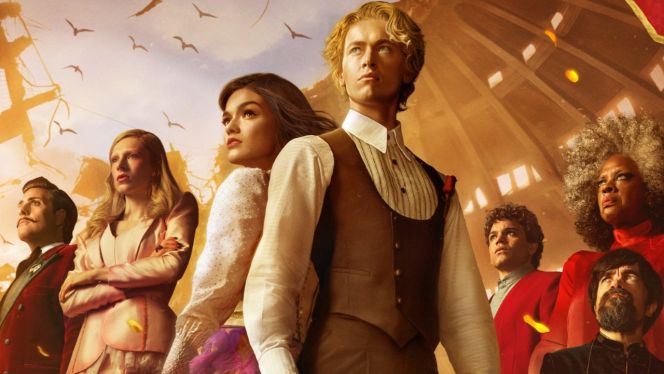
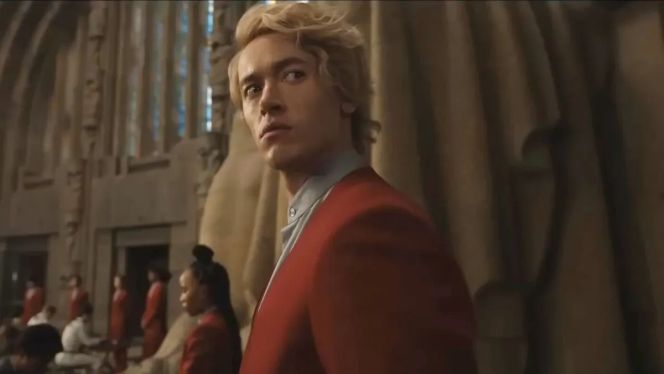
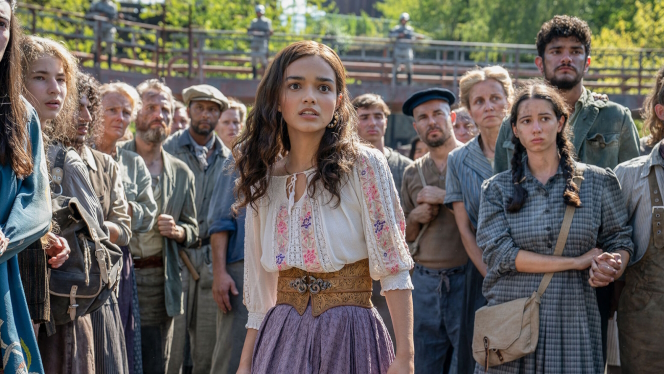









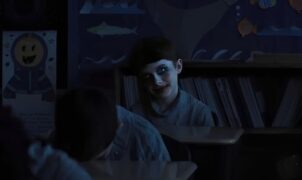
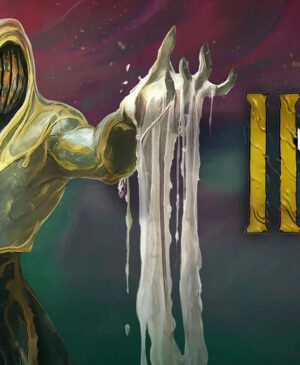
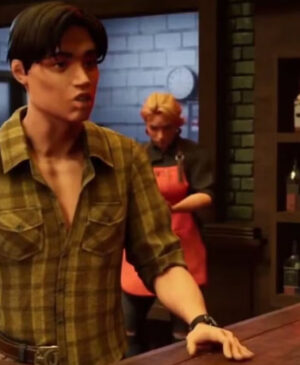


Leave a Reply